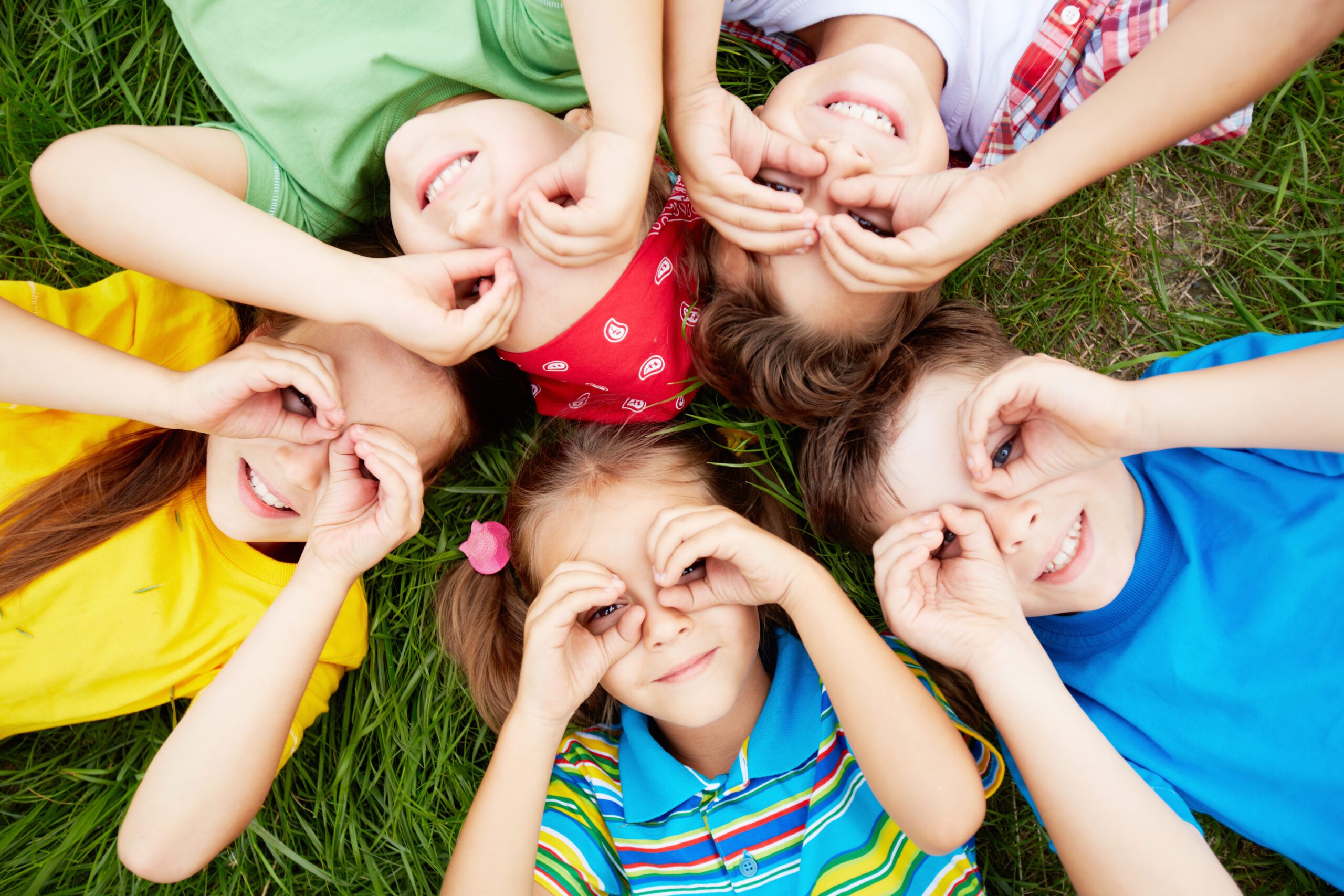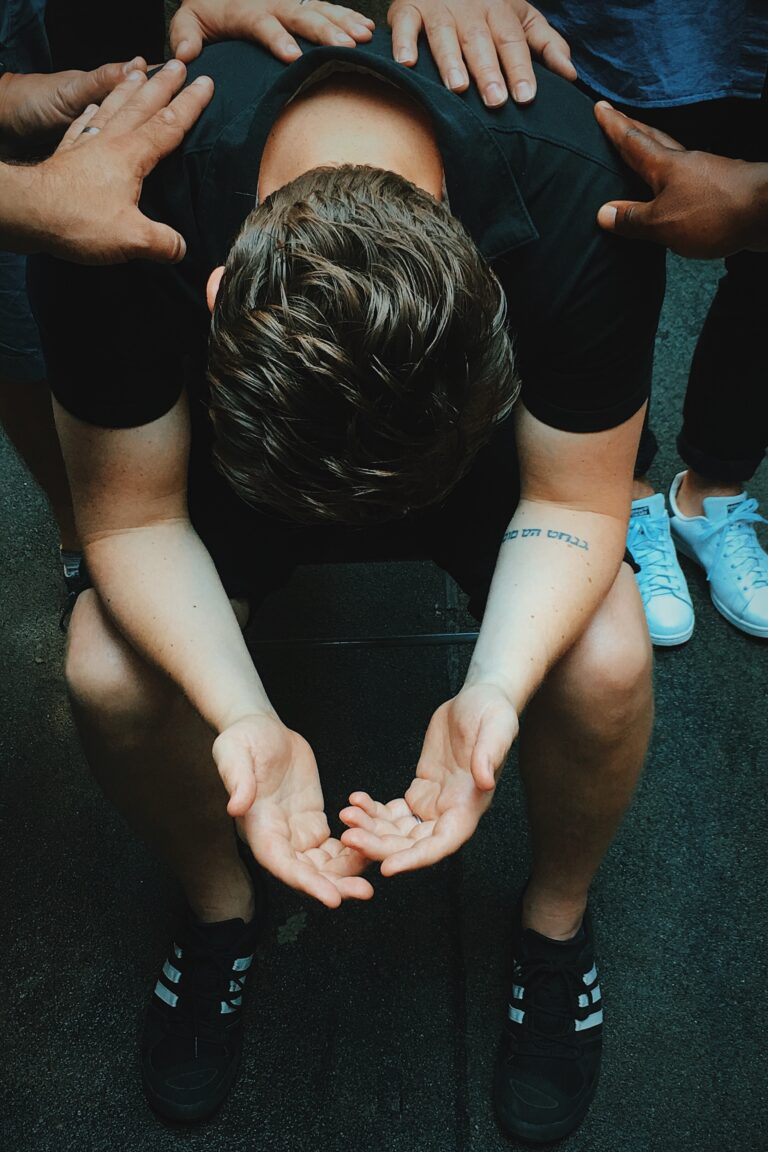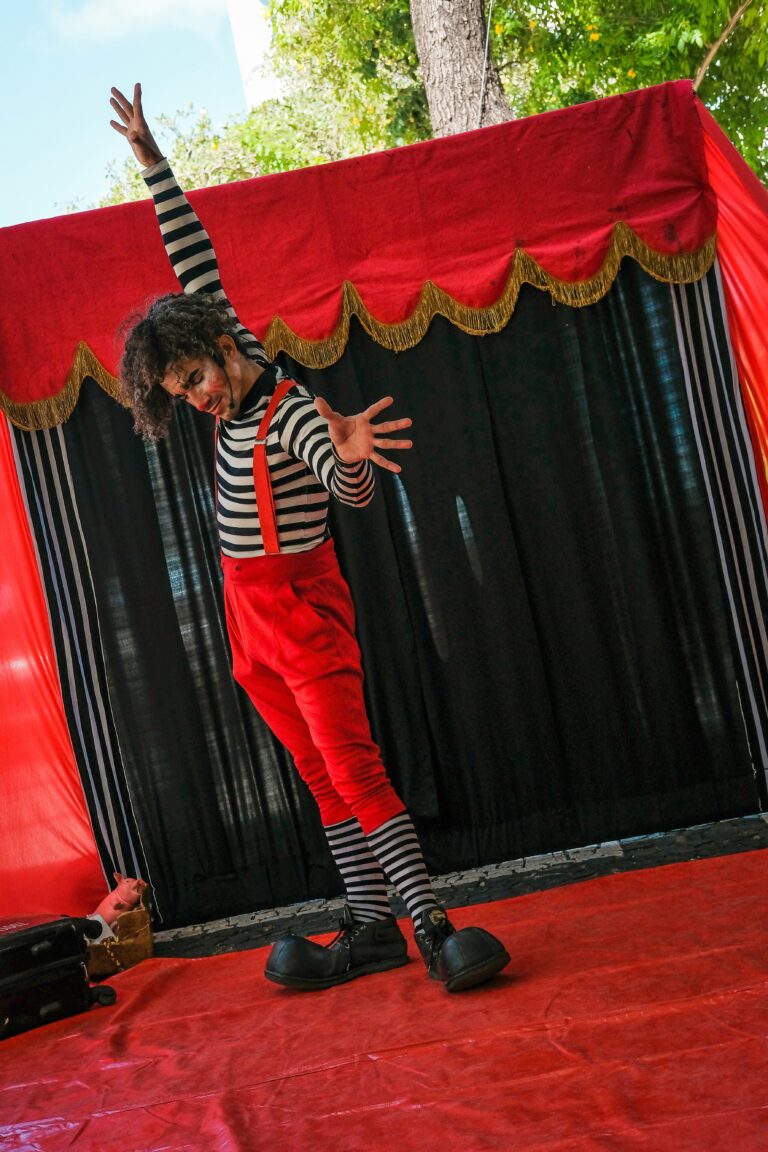When Children Are in the Picture and You Have Bipolar Disorder
My children are a blessing to me. They give me a reason to keep going and fighting my battles each day.
Fighting the bipolar battle influences every corner of my life. Taking a proactive approach to my treatment has made me successful in managing my bipolar disorder daily. If I did not actively take a role in my treatment, I would be in a completely different situation.
When children are in the picture, you have several different areas to think about. It is already difficult to be a functioning member of society. Add bipolar disorder (or other illness) to the mix, and it makes things more complicated. However, it is completely doable to have bipolar disorder and be a parent.
Let us dig a bit further.
Will I Pass On Bipolar Disorder To My Children?
This is a legitimate question, and it is okay to ask it, especially if you want to have kids.
I’m not a doctor, and science is changing all the time. What we know today is different from what we knew when I was first diagnosed with bipolar disorder type 1, in 1999.
The consensus has always been that bipolar disorder has a genetic component to it. There is still debate as to exactly how much, though. Studies indicate that if a parent of a child has bipolar disorder, the child is at an increased risk of getting it. If both parents have bipolar disorder, the chances that their children will get bipolar disorder increase even more.
All this being said, these are findings based on research studies. As we all know, every person’s experience is different and so is their bipolar disorder. It is just biology.
You see, from my experience, I do not fit nicely into a predetermined scientific mold. No one in my family had bipolar disorder. Although, some have had other mental health issues.
I guess my point here is to make a decision based on your circumstances and experience. When everything is said and done, it is a possibility that you will pass on bipolar disorder to your children, and it is also a possibility that you will not.
Expectations of Others
Most people do not fully understand bipolar disorder and have already formed their preconceived notions. Stigma, among other things, has been a driving force in the wrong direction.
Proceed with caution as to who you listen to regarding your children and your own family. Many loved ones make snap judgments on how you “should” react in situations involving your children.
Just like I have expectations as to how I want to be a father and family man, so does everyone else. With bipolar disorder, it is not “black and white” how you make any decision and how you react.
When you bring extended family into the picture, you open up a new can of worms. All family members have expectations of the role each individual plays in their family dynamic. It gets complicated quickly, and if you live with bipolar disorder, it is easy to take a nosedive into an episode if you are not careful.
Remember the importance of putting your self-care first. If you are not in a functioning state of mind, how can you be the best father, husband, or friend?
My suggestion is to do what’s best for you and your situation.
What Impacts You as a Parent with Bipolar Disorder?
Everyone deals with adversity at some point in their lives. For me, bipolar disorder is something I deal with on a daily and continual basis. It directly impacts me as a parent to my children.
For me, my bipolar disorder is at the top of the chart regarding severity and intensity. It is quite intimidating and has taken me years to get a handle on it. I searched high and low for the right treatment so I could manage it daily.
Fighting bipolar disorder has been taxing, exhausting, and depleting. You know what, though? It has been completely worth it.
How you manage your bipolar disorder will determine the type of parent you want to be to your children. I can tell you, from experience, you will have more control over the parent you want to be if you find and create a successful treatment plan.
If you have a partner, make sure to maintain an open dialogue with them. Sometimes our actions and behaviors do not always make sense, and having an extra pair of eyes can help. See it as support as opposed to a detriment.
I previously mentioned the expectations of others. Stop listening to the peanut gallery. People are quick to give you their opinion about your life. Either directly, or through someone else, I have dealt with it firsthand.
Finding the right treatment to help manage your bipolar disorder will help you be the best parent you can be to your children.
The Impact of Bipolar Disorder on Children
Children are smart. They see everything, whether you are healthy or not.
You know how rough it can be for yourself when you are struggling with your bipolar disorder. Now, imagine what you look like going through an episode, and that individual is one of your children.
It is difficult for adult loved ones to watch you go through a mood episode. If you have younger children, their minds are not developed enough to comprehend the situation and what is going on.
I found a successful treatment to manage daily. This keeps me in a functional state of mind so I can be the best parent I can be to my children. Like everyone else, I have bumps in the road, but I am stable. This gives me a greater ability to have a positive impact on my children.
Last Thoughts
I am a big believer in taking personal responsibility for my actions. For me, I take my role as a father very seriously. This role gives me an extra incentive to take care of myself every day.
It is up to you how you want to live your life but remember, it impacts the lives of others – good and bad.
Ultimately, you are in control of your own life. What you do has consequences.
For me, I want to have the greatest positive influence in the world.
What about you?







